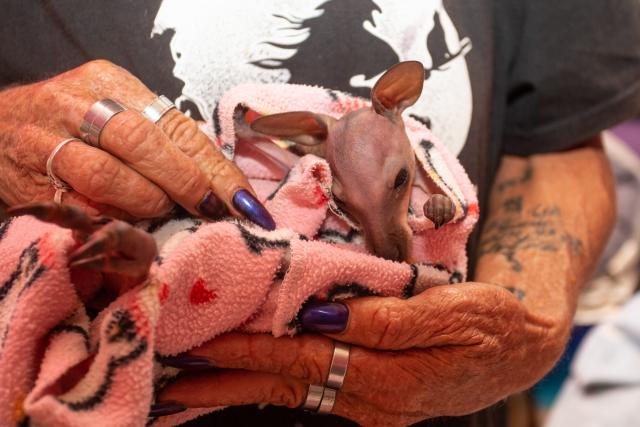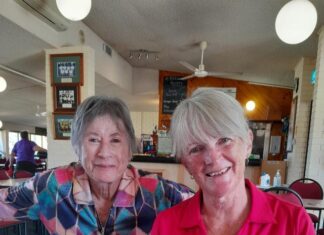A life of caring at Maryvale

Digital Edition
Subscribe
Get an all ACCESS PASS to the News and your Digital Edition with an online subscription
Clean-sweep for Stuart
Lisa Stuart has continued to star in the Stanthorpe Women’s competition winning the Monthly Medal and Putting competition.
Seven women took part in the event...








